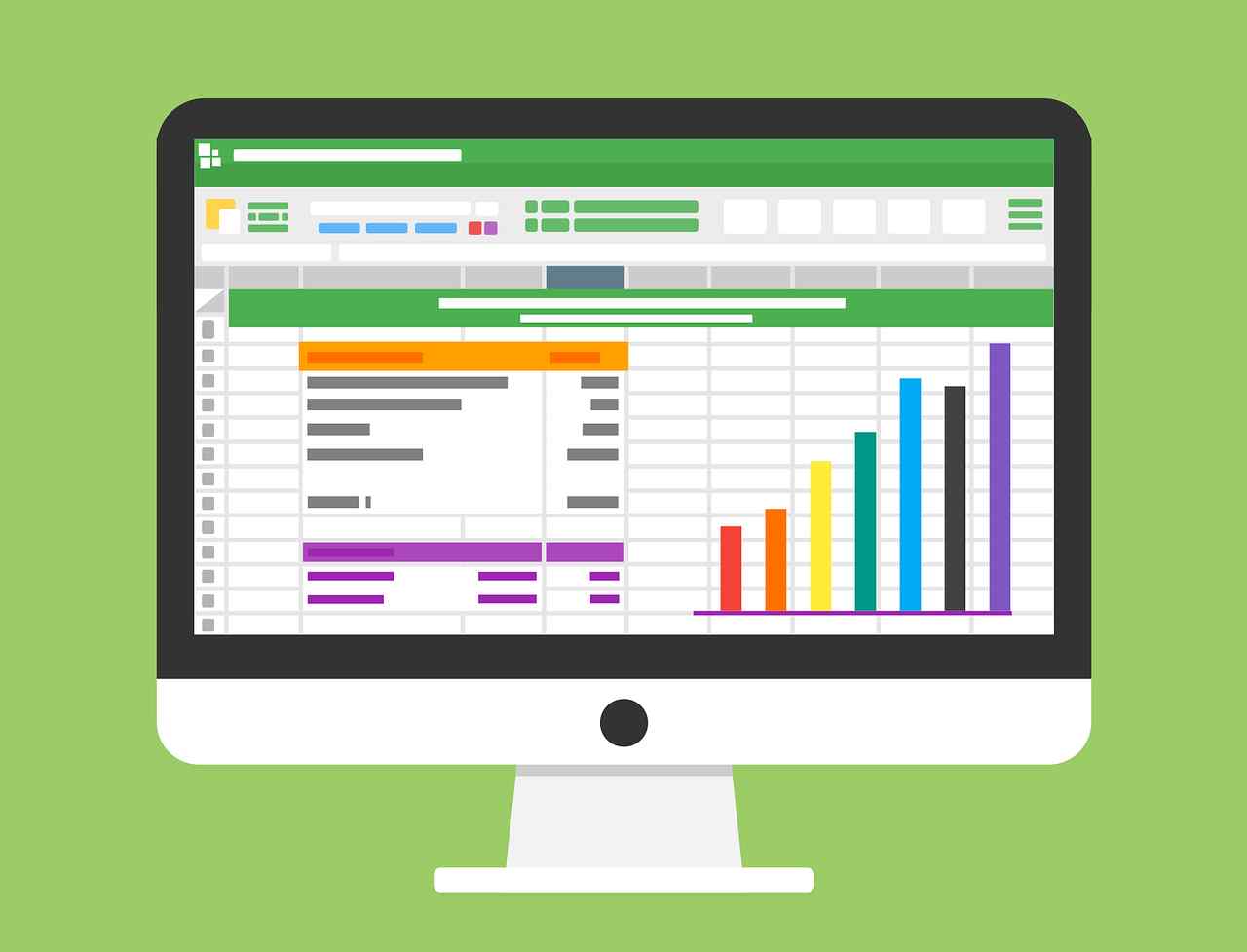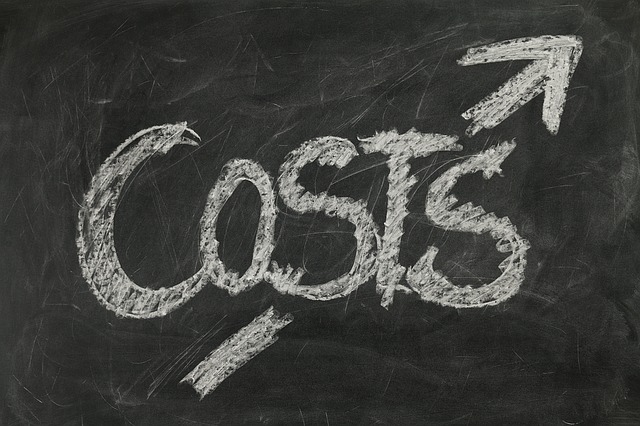Cash Advance Loan for Taxes
What to know before taking out a payday or installment loan to pay off your federal or state income taxes.
Everyone waits until the last second to file their taxes, whether they owe money or not. It’s a bad plan for the three-quarters of Americans who will enjoy a refund this year, as the sooner they get their money, the sooner they can put it somewhere it will accrue interest (and that’s not Uncle Sam’s pockets). But it’s understandable for the rest of us to hold on to our money as long as possible before handing it over to the IRS. If you don’t have the money on hand, you might need to use a payday loan to pay your income taxes and so you can file your 1040A Individual Income Tax Return.
Ask for an Extension
The IRS will give you an extra six months to file your taxes. All you need to do is ask for an extension. But, don’t break out the champagne just yet. The extension is meant to give you more time to prepare your documents, but you’re still expected to pay what you owe before the April deadline. If you don’t, then you may face a penalty and interest.
The “Failure-to-Pay Penalty” isn’t as bad as it sounds. It will only cost you 0.5 percent of your unpaid taxes each month (maxing out at 25 percent), as well as interest, which is determined by the federal short-term rate with an extra three percent tacked onto it. If you do the math, chances are this will end up costing you a lot less than what you’d a loan to pay your taxes would cost.
If you end up choosing the penalty over the loan, you should still try to pay off as much of your taxes as you can right now. That way, your penalty and interest won’t cost as much.
Sell What You’d Use as Collateral
If you plan to take out a secured loan to pay off your taxes, another option would be to sell the item you’d use to secure the loan, and then use the money you make to pay off your taxes.
The reason this is a better idea than getting a loan is it will spare you from having to pay interest on a loan, which can be expensive. By paying what you owe outright, you will also avoid the penalties and interest associated with not paying your taxes.
You May Not Owe as Much as You Think
If you are making enough to owe money on your taxes, then you should hire a professional to file them. A clever accountant might find you additional deductions and help you save on your taxes. They can also help you avoid a costly mistake, and may even assist you if you end up getting audited.
A tax professional can also go through your last three tax returns to look and see if you missed a deduction somewhere, and then file an amended return for you, so you get that money back.

Even if you don’t end up using a tax professional, there are ways you can pay less on your taxes. Here are some tips to get you started:
- Make sure you’re using the right filing status. The tax brackets are better for people who choose head of household.
- Double-check for deductions. If you itemize your deductions, then make sure you include all your charitable donations, healthcare expenses, and work-related spending.
- Switch to the standard deduction. If your itemized deductions don’t surpass the standard deduction you are entitled to, then go with the standard deduction.
Some tax prep software companies offer free filing assistance along with their products (more on that later). Whether you opt to chat with an expert online or call one on the phone, we recommend taking advantage of this free service and getting all your questions answered.
Avoid “Tax Refund Loans”
A “tax refund cash advance” or a “refund anticipation loan” is not the same thing as a loan used to pay off your taxes. It’s the opposite. A tax refund loan is money you borrow using your future tax refund as collateral. If you know you will owe money on your taxes, then this is not an option for you, as you will not receive a tax refund, and so you should not qualify for this type of funding.

Our Loan Request Options
At OpenCashAdvance, we can help you try to find up to $5,000. If you request a smaller loan of up to $500, we may try to connect you with a cash advance lender. If you request over $500, then we may try to find you an installment loan lender. The main difference between these two financial products is how the borrower pays back the loan:
- An installment loan is paid back bit by bit over time, according to a repayment schedule decided on by the lender.
- A cash advance is supposed to be paid back all at once when you receive your next paycheck.
When choosing a loan product, we recommend borrowing only as much as you need right now. Interest can be expensive, and it may end up costing you more if you borrow a greater amount of money.
Online Tax Filing
Most online tax filing services will guarantee you the maximum refund. But how do they stack up against each other? Let’s look at some of the most popular options.
H&R Block offers a wide range of online options, as well as downloadable tax filing software.
- Its entry-level product, H&R Block More Zero, offers a free online tax filing solution. It even lets you file your state taxes for free. The downside to using the free option is that you miss out on certain features, and you will be unable to pull previous years’ data into the form, which is a feature that can make filing go a lot faster.
- If you’re willing to spend a little more, its Deluxe Online Tax Filing product offers more features for making sure you get the deductions you qualify for. If you are not itemizing your taxes, and you don’t have any reason to think you’ll qualify for seldom-heard-of credits, then you’ll probably be safe to go with the free option.
- The Premium Online Tax Filing product is built especially for freelancers, contractors, rental property owners, and investors. If any of those describe you, you will likely benefit from the additional forms included in this product.
- This year, H&R Block is offering a new product built for small business owners and those who are self-employed. It includes services like Business Partner, Business Booster, and Business Snapshot, which help you get deductions for your business, write off startup costs, and see your business tax data in one easy-to-understand spot. This product even lets you import your Uber driver tax information directly into the software.
H&R Block lets you add “Tax Pro Review” to any of the products listed above. If you opt-in for this service, a Tax Pro will review your return. H&R Block promises an “expert evaluation,” which should at the very least give you peace of mind.
If you go with the free option and you don’t add on the “Tax Pro Review,” you really will be flying blind. The free option doesn’t even get access to the online chat service, which can help you out of a tight spot if you don’t understand a form that you are filling out.
TurboTax also guarantees a maximum refund. Here are some of its popular online options:
- Like the Block, TurboTax offers a free solution for filing. It’s called AbsoluteZERO, and it’s designed for simple tax returns.
- The company’s most popular tax solution is its Deluxe package, which helps you maximize tax deductions and credits, but lacks some of the features of the higher-end products, which you may or may not need.
- Its Premier filing option makes it easier to file your investments and rental property, as it has built-in assistance for stocks, bonds, investment income, and the like.
- TurboTax’s Self-Employed online tax filing solution helps you file your personal and business income and expenses. You get step-by-step instruction for industry-specific deductions, as well as one-on-one customer assistance for any questions you might have about how to file as a self-employed individual.
- This year, TurboTax is introducing turbotaxlive, which offers CPA or EA assistance through an online video call whenever you need it. This is about as close as you can get to a meeting with a tax expert in person, and it saves you a trip to his or her office.
Like with H&R Block, you don’t pay anything until you’re ready to file your taxes. So, you get to see your complete refund or how much you owe before you purchase the product, which is especially important if you’re looking to save money and avoid taking out a cash advance to pay your taxes.
TaxAct is less-known than its tax-filing rivals, but its software stacks up. Here are some of the company’s options:
- The Free edition offers support for the 1040EZ or 1040A forms and is designed for simple situations. For $15, you can add tax support and the ability to import data from last year’s return (it’s easier if you filed it through TaxAct, but you can also import data from your PDF version of your 1040, 1040A, or 1040EZ, whether you created it with H&R Block, TurboTax, or another tax filing program.).
- With Plus, you get added help with itemizing, investments, and your mortgage.
- TaxACT offers a Freelancer product that’s specifically created for independent contractors and those who are self-employed.
- The Premium product offers audit defense, stock data imports, and a personalized financial assessment that lists opportunities for reducing your tax bill and tips on how to save for the future.
If you aren’t sure which one of TaxAct’s products are right for you, the company’s site includes a quick quiz that will tell you which features would benefit you the most.
It’s worth mentioning that these free editions pack an extra discount. The other editions charge you an extra $40-or-so for the state filing. The free editions for all three of these companies’ entry-level filing products are free. That’s a pretty good deal.
Tax Implications for a Loan to Pay Taxes
The interest you pay on certain loans can be deducted from your taxes. Sadly, this is not true for the type of loan you might take out to pay your taxes. Payday or installment loan interest is not tax deductible.
Other Loan Options
If you owe more than $5,000 in taxes, then you might not be able to pay off your debt with a short-term, installment loan. Fortunately, there are banks and alternative lenders out there who offer bigger loans. Here are a few options (please note that none of the following loan types are offered through this site):
- Bank loan – Still the ideal solution for most people seeking funding, a bank loan offers lower rates than some installment and payday options. Those with poor credit may have trouble getting approved for a bank loan.
- Peer-to-peer funding – The Internet has changed how people borrow money. Instead of borrowing from a financial institution, you can use a peer-to-peer (p2p) lending site to request a loan from a single individual.
- Personal loan – Some alternative online lenders use risk assessment models that are fundamentally different from what the banks use. By taking a more comprehensive approach to reviewing someone’s history (rather than just looking at a credit rating number), alternative lenders will sometimes offer loans to people who weren’t able to acquire loans through more traditional means.
Before you choose a financial product to help you pay your taxes, you should compare the rates of several different options.
Plan for Next Year
Now’s the time to make sure you don’t get in this situation again next year. A good way to do that is to make sure that you are withholding the correct amount from your paycheck. If you aren’t withholding the right amount, then your taxes at the end of the year might be surprisingly expensive.
If you are ready to request a payday advance to pay your taxes, you do it right here.





